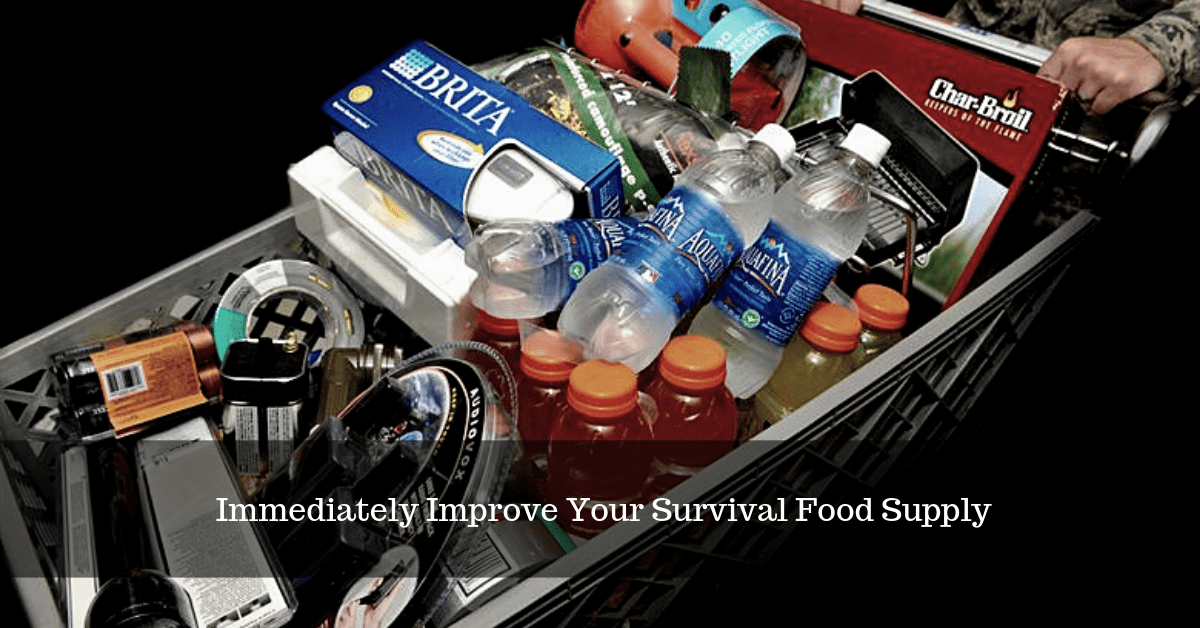Have you ever wanted to be able to produce your own foods without having to settle for what comes in a plastic tub from who knows where?
Whether you want to know what goes into making your food, you are looking to create a healthier lifestyle, or you do not want to be dependent on your local meat department, raising chickens is a great step towards self sufficiency.
So, what are the best ways to ensure a healthy supply of fresh poultry and eggs?
7) Make sure you have enough space
Healthy chickens need a good area to run around in and get their muscles moving. Make sure you have enough room for a good-sized chicken coop and a run.
A ten foot by ten foot area is typically suggested when starting up a place for your chickens to live.

6) Be careful with your other pets
If you have cats, dogs, goats, or any other animals that might wander over to your chicken coop, make sure that they cannot get to the birds.
Cats, specifically those that live outside and are used to hunting field mice and other pests, might see your chickens as a threat or new play toys, and dogs will be aggressive to any unknown animal in their territory, especially if they have never seen chickens before.
Make sure to put chicken wire over the top of your chicken run so that nothing can climb up and over your fence. If you are fearful that something might be able to stick its claws through the fence, kick the fence, or dig under the fence, consider building two fences around your coop; one to keep the chickens in and one to keep everything else out.
5) Figure out which breed you want
Different types of birds are good for different things. Figuring out what you want from your chickens can help you determine what breed to get. For example, Rhode Island Reds are great for eggs and lay for quite a while.
They also produce good meat, but may be leaner than other chickens. Buff Orpington chickens are fat and produce excellent meat, but they will not lay eggs for as long and their turnover rate is higher than with other birds. Talk to a local breeder or seller to figure out which type of bird best fits your agenda.
4) Clipping Chickens’ Wings
If you leave your chicken run open at the top, your chickens may eventually be able to fly over the top of the fence. They should not get very far, but it can be a hassle to find them and put them back in the pen, especially if you have other animals.
Clipping their wings does not hurt them if you do it correctly, will keep them from being able to fly out of the coop, and is highly encouraged around pets.
3) Keeping your chickens warm
If you live in a cooler climate, be aware that chickens do not lay eggs well when they are cold. If the temperature drops dramatically, you can expect egg production to drop as well. To avoid this, make sure you have a well-insulated coop and a good coop design.
Chickens generally do well in the cold and are not in danger of being harmed by mild winter weather, but the warmer you keep them the more eggs you will be able to harvest.
2) Cleaning your coop
Making sure the coop is clean is a very important part of keeping your chickens happy. The happier and healthier your chickens are, the more eggs you will receive and the fatter they will get.
A good coop design is essential in making sure you can adequately clean out your chickens’ living area. If you have a small coop that is hard to get in to, it may be harder for you to properly clean out the area. Simple tricks, such as building your coop with a removable floor and/or side panel can make cleaning out the chicken coop quick and easy.
1) Coop design
As previously stated, happy chickens equals healthy chickens, and healthy chickens equals more food for you. Make sure your coop is not just a box with a roof, make sure your coop has adequate laying and nesting areas that your chickens will feel comfortable in. Make sure to choose a coop design that fits both your yard, your climate, and your chickens.







